The new cohort of FLAC Fellows (2024-2026) with Soul City staff, Deputy Minister Steve Letsike and Senior Programme Officer Nicky Le Roux.
These 20 young leaders are now poised to step into their roles as advocates for social justice
The Soul City Institute for Social Justice recently celebrated the graduation of the inaugural class of the Feminist Leadership and Activism Centre (FLAC) Fellowship. The ceremony, held on 16 August 2024, marked a significant milestone in the journey of 20 exceptional young leaders who have successfully completed this transformative experience in feminist leadership and activism. This achievement is not just a personal victory for these individuals but a powerful statement on the future of gender equality and social justice in South Africa.
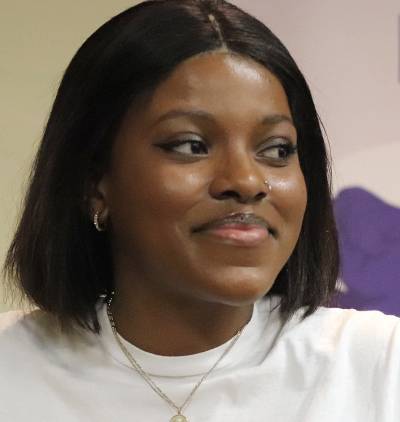 Fundile Zoe Mngoma
Fundile Zoe Mngoma
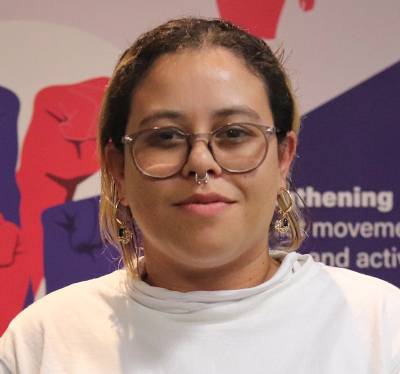 Aneeqa Abrahams
Aneeqa Abrahams
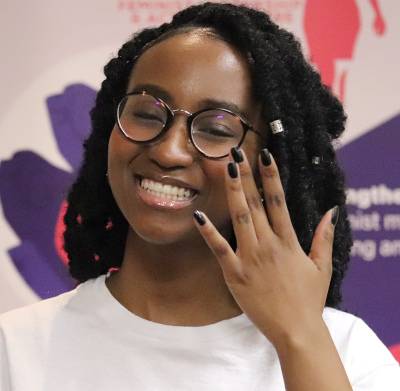 Bontle Leeuw
Bontle Leeuw
The FLAC Fellowship, launched in August 2022, was designed with a singular mission: to equip young, gendered minorities from diverse backgrounds across South Africa with the tools, strategies and knowledge necessary to challenge multiple systems of oppression. Over the course of the programme, the fellows were immersed in a curriculum that emphasised feminist theory, gender and healing, sexual and reproductive justice, and movement building, among other critical areas. This rigorous training has not only provided them with a deep understanding of feminist principles but also empowered them with the skills needed to drive social change in their communities.
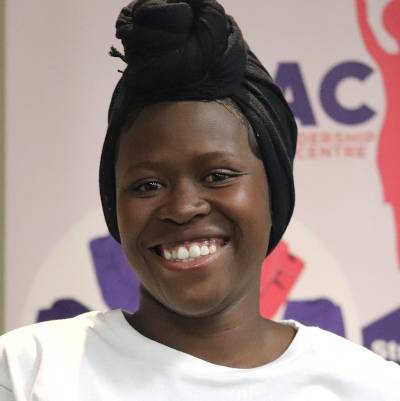 Clementine Shawe
Clementine Shawe
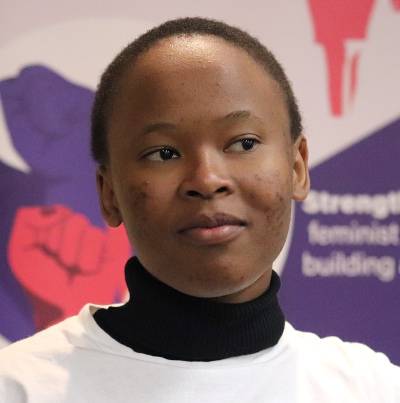 Geneva Thutloane
Geneva Thutloane
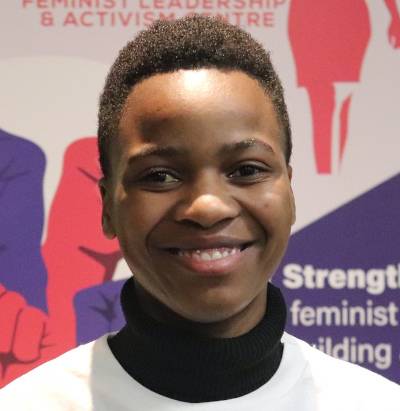 Hlumela Dlali
Hlumela Dlali
Reflecting on their journey, the fellows highlighted the profound impact of the programme on their personal and professional growth. “Before FLAC, I had no real understanding of what feminism is,” shared one fellow. “Now, I confidently identify as a feminist, and I am ready to use the tools and lessons I’ve learned to advocate for social justice.” This sentiment was echoed by many others who described the programme as a life-changing experience that has prepared them to take on leadership roles in the fight for gender equality and social justice.
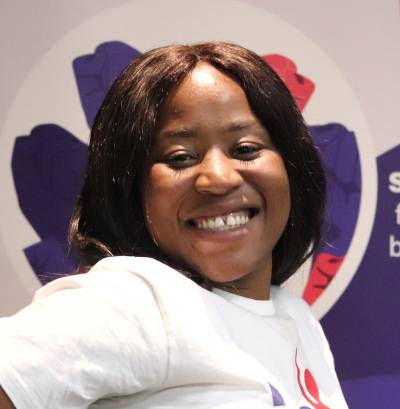 Hope Pitse
Hope Pitse
 Jadean Wright
Jadean Wright
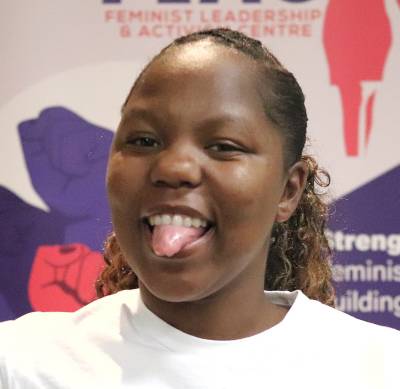 Karabo Lefifi
Karabo Lefifi
The success of the FLAC Fellowship is evident not only in the individual transformations of the fellows but also in their ability to influence and inspire change in their communities. Throughout the programme, fellows engaged in projects that addressed community-based challenges, demonstrating their commitment to making a tangible difference. From supporting survivors of gender-based violence to advocating for reproductive justice, these young leaders have already begun to apply their newfound knowledge and skills in meaningful ways.
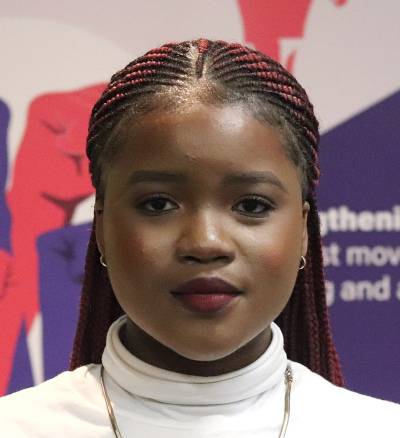 Libongwe Shwane
Libongwe Shwane
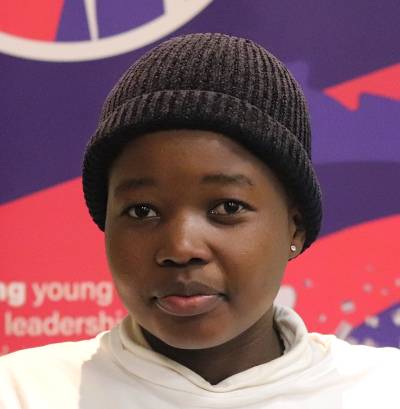 Lerato Kumalo
Lerato Kumalo
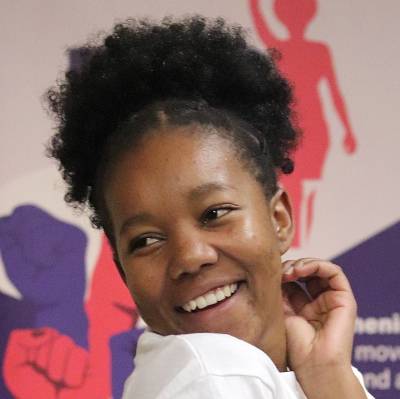 Khanya Phatheka Sineke
Khanya Phatheka Sineke
The graduation ceremony was more than just a celebration of the fellows’ achievements, said FLAC programme coordinator Mphutsako Majoro, it was a recognition of the hard work and dedication they have shown throughout the programme. “To the fellows, you hold the power and do not need anyone’s permission to live freely with self-determination. Go out there and use the skills and tools imparted to you in this programme. Your future, and the future of feminist leadership in South Africa, is bright, she adds.
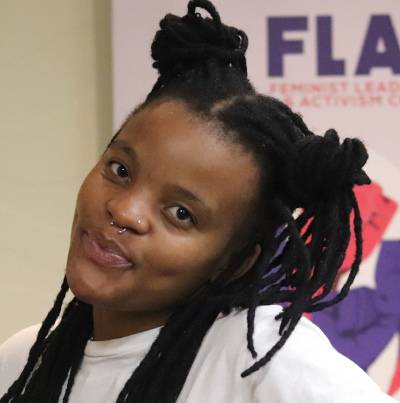 Makhosemvelo Mthembu
Makhosemvelo Mthembu
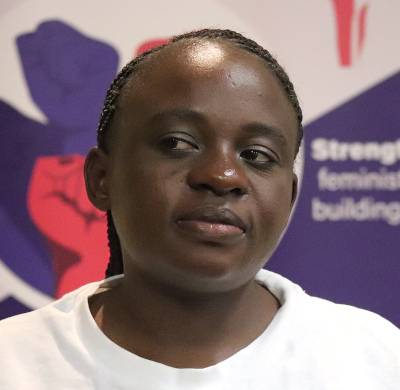 Dolly Mapolokwane Nawa
Dolly Mapolokwane Nawa
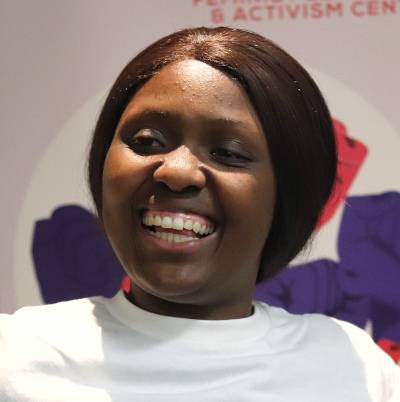 Mamokete Bofelo
Mamokete Bofelo
The event was graced by the presence of Deputy Minister of Women, Youth and Persons with Disabilities, Steve Letsike, representatives from the Soul City Institute, FLAC facilitators and mentors, various civil society organisations, and other stakeholders who have supported the fellows on their journey.
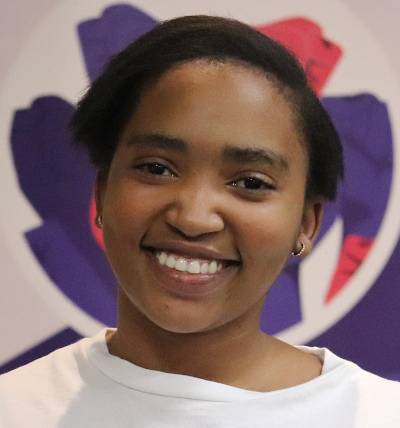 Mmalehlohonolo Manko
Mmalehlohonolo Manko
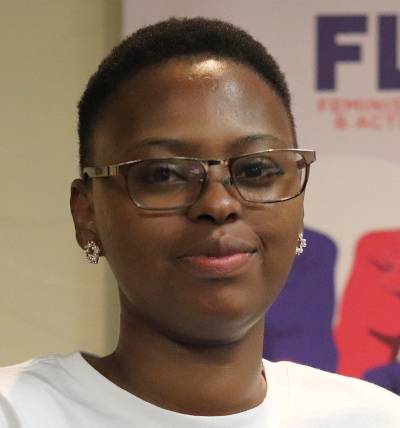 Ntokozo Ngwenya
Ntokozo Ngwenya
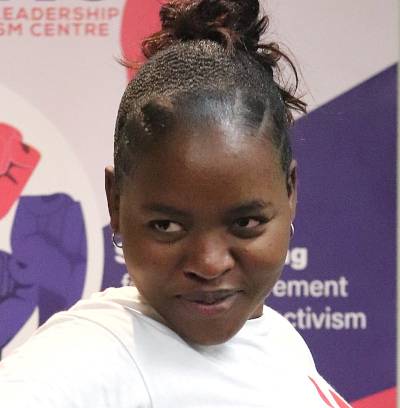 Nonhlanhla Magwaza
Nonhlanhla Magwaza
Soul City CEO Phinah Kodisang delivered a heartfelt message to the graduates, stating, “This is just the beginning. The knowledge and experience you have gained here will serve as a foundation for your continued work in feminist leadership and activism. You are the future of social justice in South Africa, and we are incredibly proud of what you have achieved.”
As the inaugural class of FLAC graduates, these 20 young leaders are now poised to step into their roles as advocates for social justice, ready to challenge and dismantle systems of oppression.
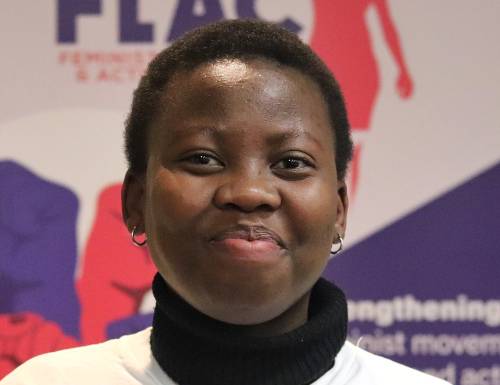 Rearabetswe Mokotla
Rearabetswe Mokotla
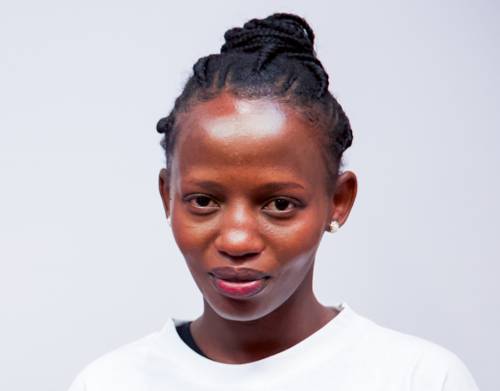 Palesa Mokwa
Palesa Mokwa
Majoro adds: “The centre is inspired by a new radicalised vision that acknowledges that the empowerment of gender minorities does not go far enough to achieve gender equity. Instead, putting intersectional feminism at the forefront of movement building ensures a just world for all. In recognition of the ongoing need for support and continued development, the Soul City Institute will soon launch an alumni programme for the FLAC graduates.”
The Alumni Programme is an extension of FLAC, and seeks to provide long-term value to the fellowship by enabling the graduates to stay connected and continue learning from one another long after they have completed the fellowship. This programme builds on the social cohesion created during the FLAC journey, fostering a sense of community not only in the fellows’ respective communities but also within this unique cohort. It provides a platform for reflection on the past, representation of the present, and a link to the future. Additionally, it offers space for further learning, exchanging ideas relevant to the programme, and sharing opportunities such as scholarships, internships, workshops, and job prospects.
The Soul City Institute believes that it is important to create a stimulating and nourishing space for young leaders to come together, connect meaningfully, learn from each other, and collaborate for collective impact. Disrupting and transforming oppressive systems to bring about the liberation of women and other gender minorities requires change at the structural and systemic levels, and at the interpersonal and intrapersonal levels.
The FLAC Fellowship initially brought together 20 carefully selected emerging leaders from around South Africa in a hybrid format consisting of in-person residential sessions, a series of online workshops with experts, reflective blogs and vlogs, concrete projects, and tailored mentoring support. The alumni will comprise these 20 former fellows, and the programme will continue to grow from this foundation.
With great pleasure, the Soul City Institute also announces that the new cohort of FLAC fellows for the 2024-2026 cycle has been selected, and the programme has now expanded to include participants from the Southern African region such as Lesotho, eSwatini, Zimbabwe and Botswana. This expansion underscores the programme’s commitment to fostering feminist leadership and activism across a broader geographical area, further strengthening the network of young leaders dedicated to social justice.
The two-year journey with the fellows embodied the principle of “the personal is political,” asserting that anyone who feels the sting of oppression has the right to name it and lead the movement to dismantle it. We witnessed the transformative journey of the different fellows, whose voices are now amplified and who are changing and adding alternative and missing narratives in their social environments. The leadership journey of the FLAC fellows has translated into a cross-national movement of emerging activist leaders, whose previously suppressed and excluded voices and experiences are now finding space and recognition both among their peers and in their communities.
Overall, with FLAC, Soul City has contributed to the improvement of the fellows’ situations in the social, political, economic, public, and private spheres, as well as to the recognition of their rights and opportunities.
Kodisang says: “We appreciate the support afforded by the Ford Foundation and everyone else who participated in this programme as facilitators, mentors, and learning platforms for the fellows. We also thank the organisations that opened their doors for the fellows during their secondments, allowing for greater learning and application. Your partnership with us made this journey more valuable.”